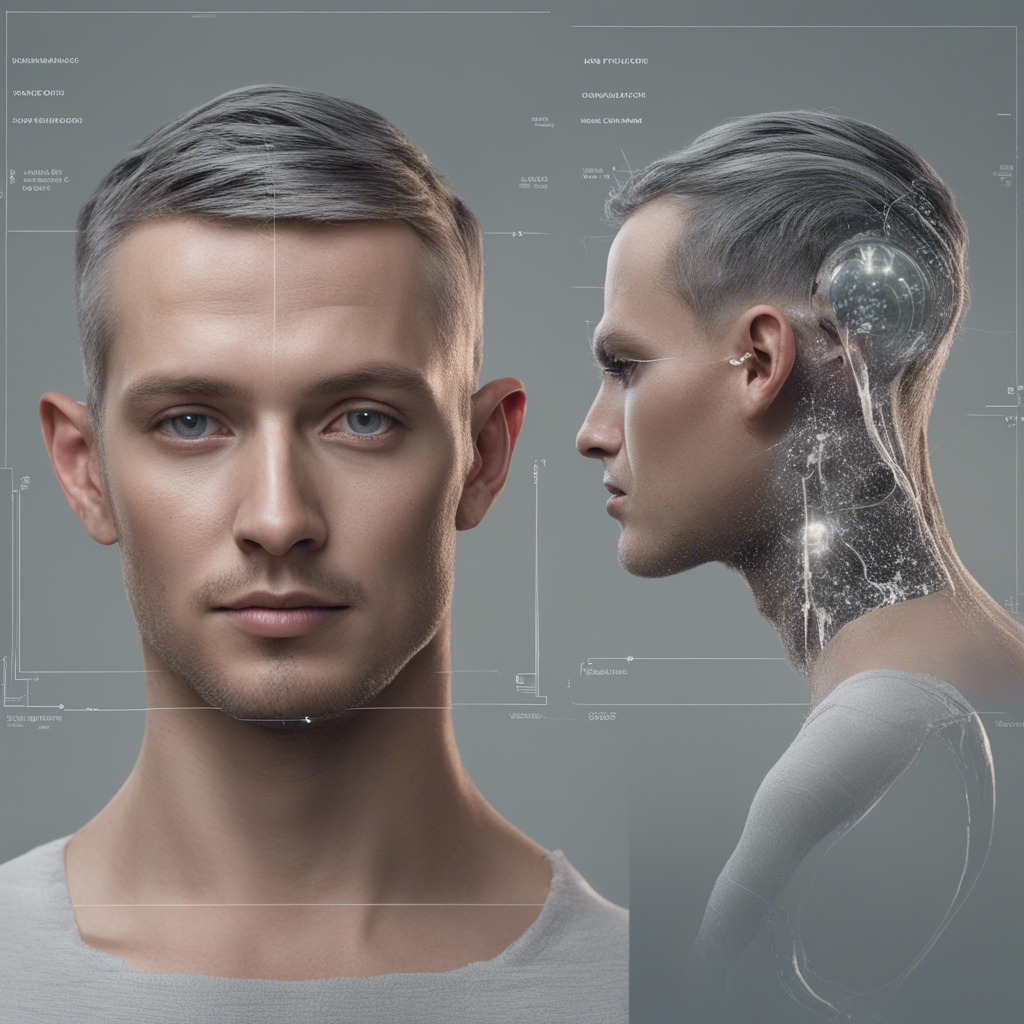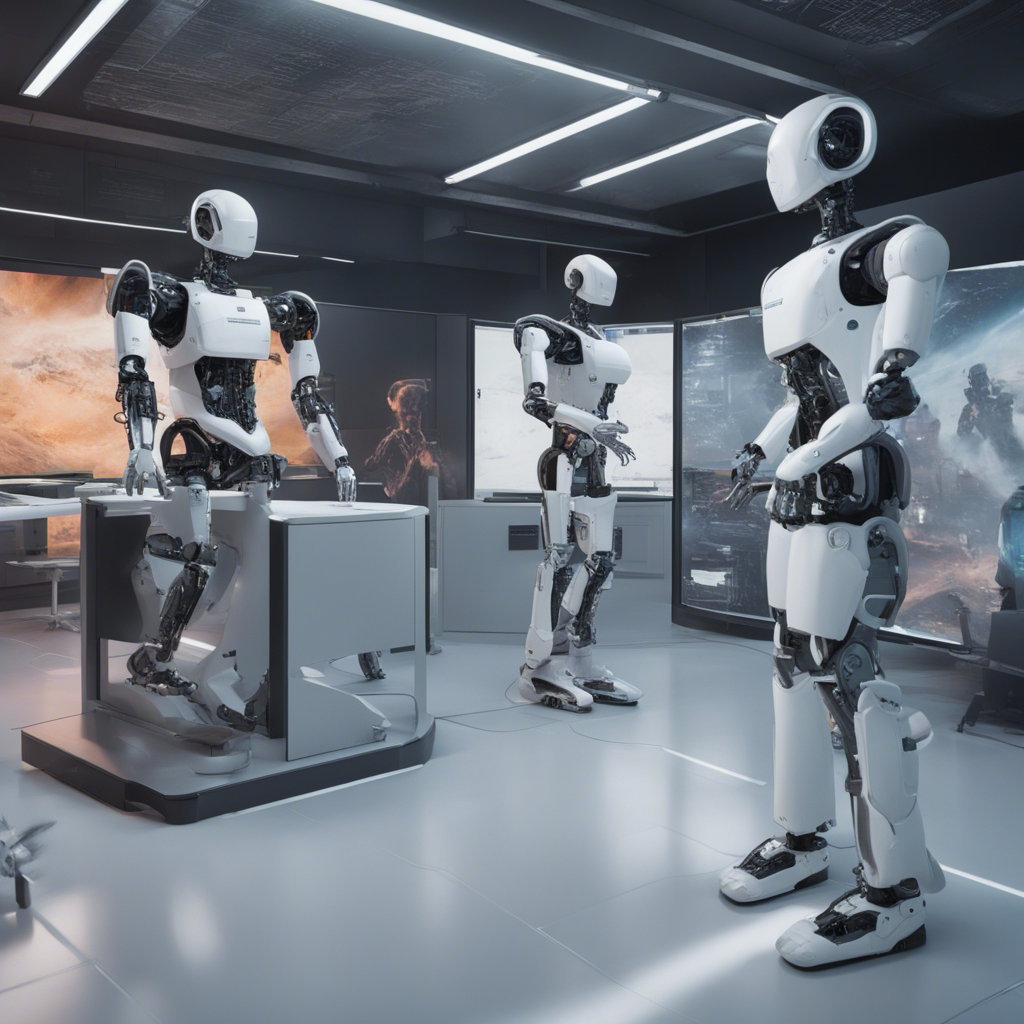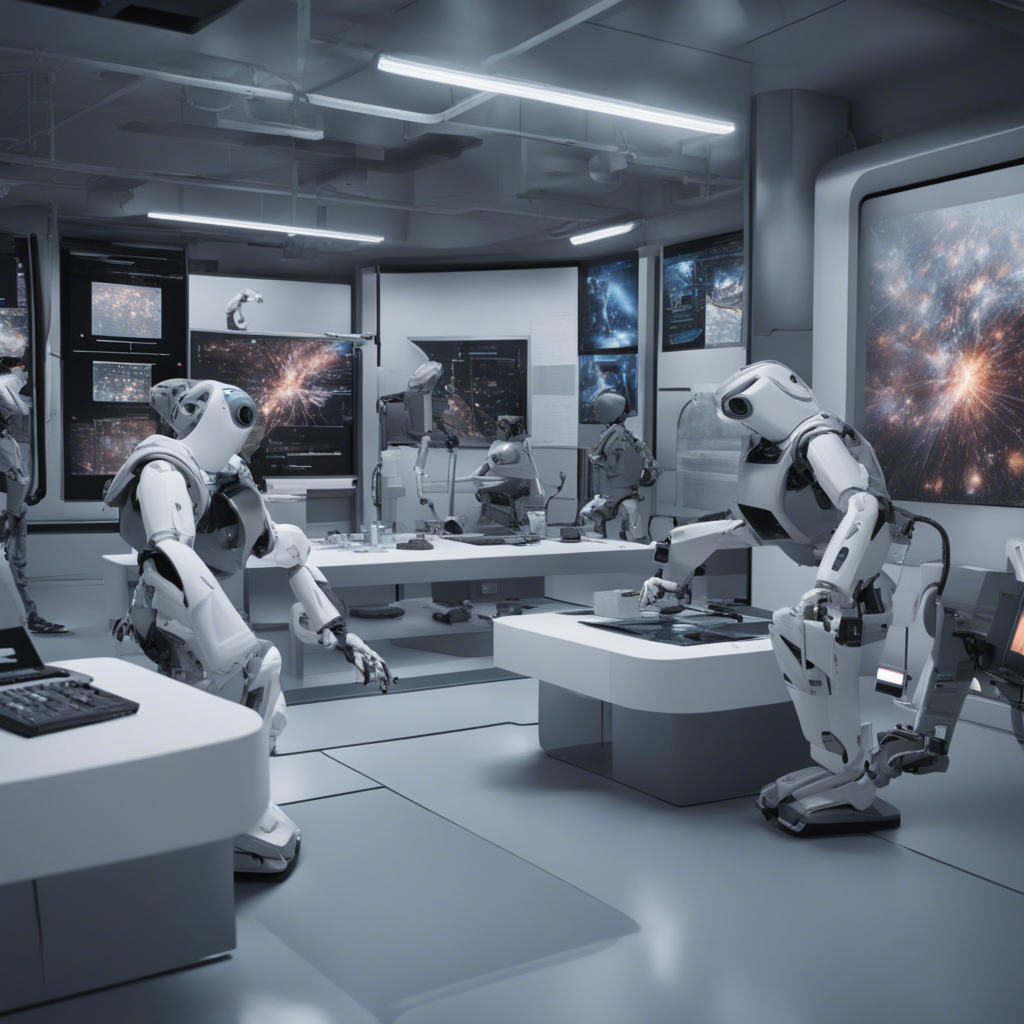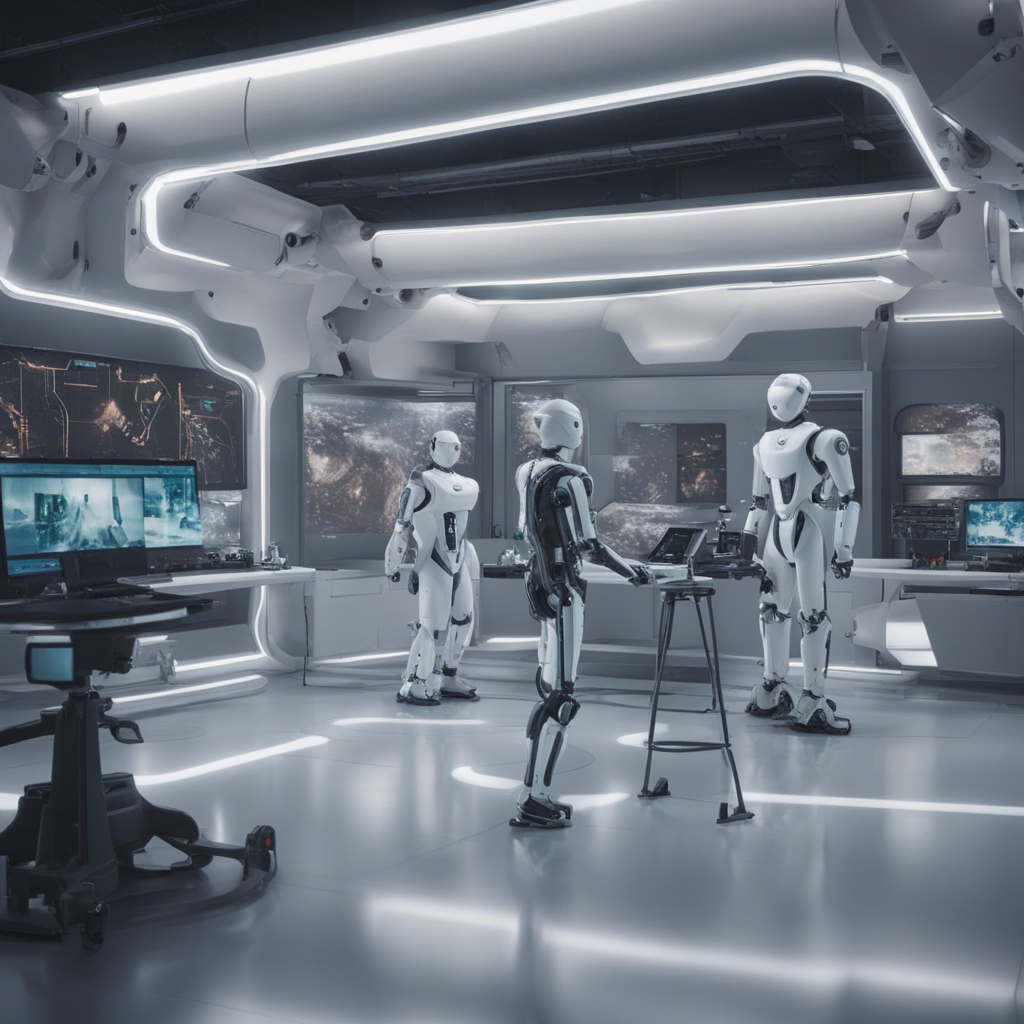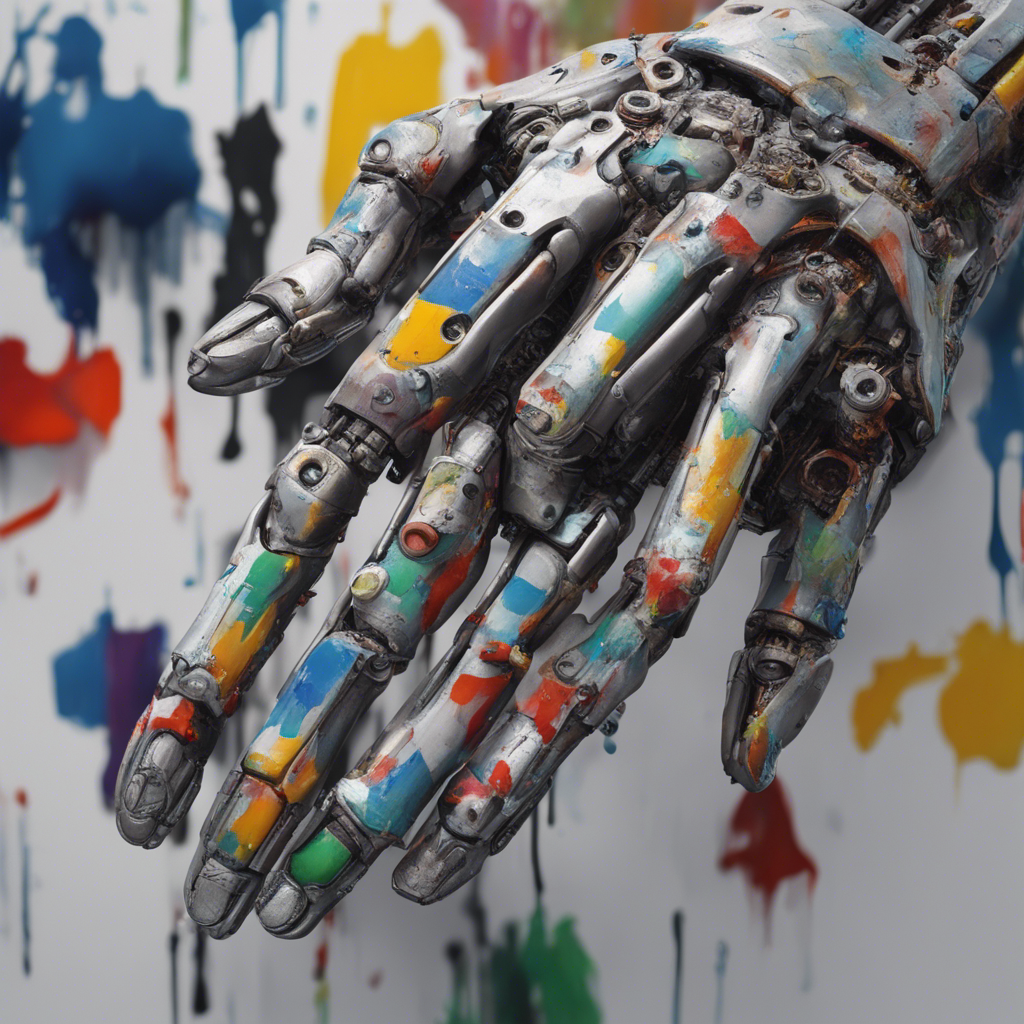
How AI is Transforming the Music Industry
The music industry has experienced significant advancements and transformations over the years. From vinyl records to streaming platforms, each innovation has shaped the way we consume and create music. One of the latest technological disruptions reshaping the industry is artificial intelligence (AI). AI has infiltrated various aspects of the music industry, including music creation, curation, distribution, and even live performances. In this blog post, we will explore how AI is revolutionizing the music industry, examining its impact and potential future applications.
1. AI in Music Creation
AI has emerged as a powerful tool for musicians and producers, revolutionizing the traditional music creation process. With the help of AI algorithms, artists can now generate melodies, harmonies, and even lyrics that are indistinguishable from human-created compositions. For example, OpenAI’s MuseNet is an AI model capable of composing original music in different styles and genres. Its ability to generate complex musical pieces demonstrates the potential of AI in assisting musicians in their creative process.
While AI-generated music has sparked debates about artistry and authenticity, it undeniably offers new possibilities for collaboration and inspiration. For instance, music producers can use AI algorithms to quickly generate musical ideas or explore new genres, providing a fresh perspective and igniting creativity.
2. AI in Music Curation
Discovering new music has always been a challenge for both music enthusiasts and industry professionals. However, AI-powered recommendation systems have revolutionized music curation, enabling personalized and accurate recommendations for users. Leading streaming platforms like Spotify and Apple Music leverage AI algorithms to analyze users’ listening habits, preferences, and even contextual data to provide tailored recommendations. These algorithms consider factors like mood, tempo, and genre to create personalized playlists that cater to individual tastes.
Additionally, AI-driven recommendation systems benefit emerging artists by exposing their music to relevant audiences. By leveraging user data, AI algorithms can identify up-and-coming artists and promote their music to listeners who are likely to enjoy it, giving them a chance to gain visibility in a highly competitive industry.
3. AI in Music Distribution and Copyright Protection
The digitization of music has led to an unprecedented increase in the availability and accessibility of music. However, it has also accompanied challenges, such as copyright infringement and unauthorized distribution. AI technologies have emerged as valuable tools for combating these issues.
Content identification algorithms powered by AI can analyze audio fingerprints and identify copyrighted music, helping rights holders detect unauthorized use. Additionally, blockchain technology, often combined with AI, is being explored as a potential solution to ensure transparent and fair royalty distribution in the music industry.
4. AI in Live Performances and Concert Experiences
AI has also started to influence live performances and concert experiences. With advancements in AI and robotics, virtual performers like Hatsune Miku, a virtual pop star, have gained massive popularity. Using AI algorithms, vocal synthesis technology creates a lifelike singing voice for these virtual performers, enabling them to deliver stunning performances on stage.
Furthermore, AI is enhancing the concert experience through interactive elements. For example, AI-powered chatbots and augmented reality applications allow fans to engage with virtual representations of their favorite artists or attend virtual concerts from the comfort of their homes.
5. Future Opportunities and Challenges
The potential applications of AI in the music industry are vast and evolving. As AI continues to advance, we can anticipate even more opportunities for innovation and creativity. However, it is essential to address potential challenges that arise alongside these advancements.
One primary concern is that AI technology could lead to the displacement of certain roles within the music industry. While AI can augment human creativity and productivity, it is crucial to strike a balance between automation and human involvement to preserve the unique qualities of music created by humans.
Another challenge lies in ensuring ethical and unbiased use of AI algorithms. Bias in training data can inadvertently perpetuate existing inequalities in the music industry, favoring mainstream genres or established artists. Transparency and accountability in AI development and deployment are necessary to minimize these biases and promote diversity and inclusivity.
In conclusion, AI is transforming the music industry in numerous ways, from music creation to curation, distribution, and live performances. The potential of AI to enhance the music experience for both creators and consumers is immense. However, careful consideration of the potential challenges and addressing them in an ethical and responsible manner is crucial to ensure a fair and thriving future for the music industry.
References:
- Vanderkooy, S. (2020). AI in Music Production: From Bach to Virtual Producers. Medium. Link
- Pachet, F. (2019). AI in Music: Automatic Composition Tools. ScienceMag. Link
- Purtill, C. (2019). How AI is Revolutionizing Music. BBC Future. Link
- Adomavicius, G., & Tuzhilin, A. (2005). Toward the Next Generation of Recommender Systems: A Survey of the State-of-the-Art and Possible Extensions. IEEE Transactions on Knowledge and Data Engineering. Link

